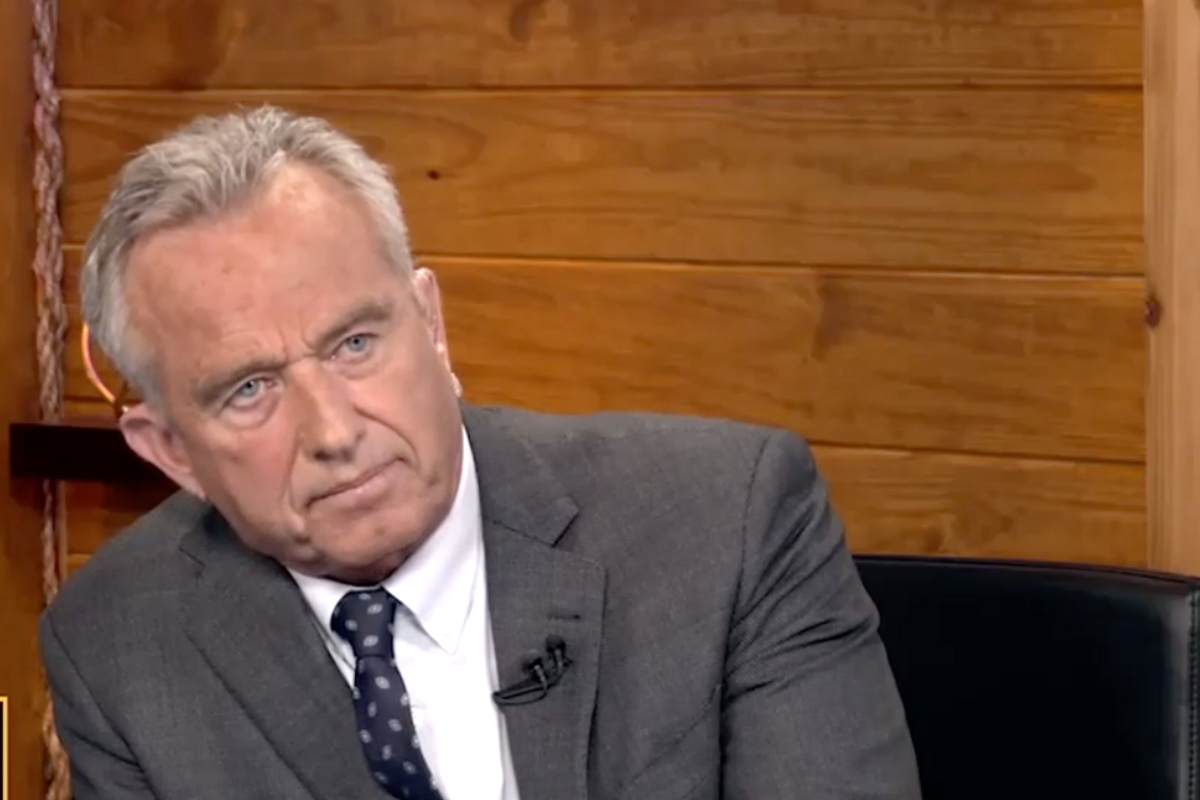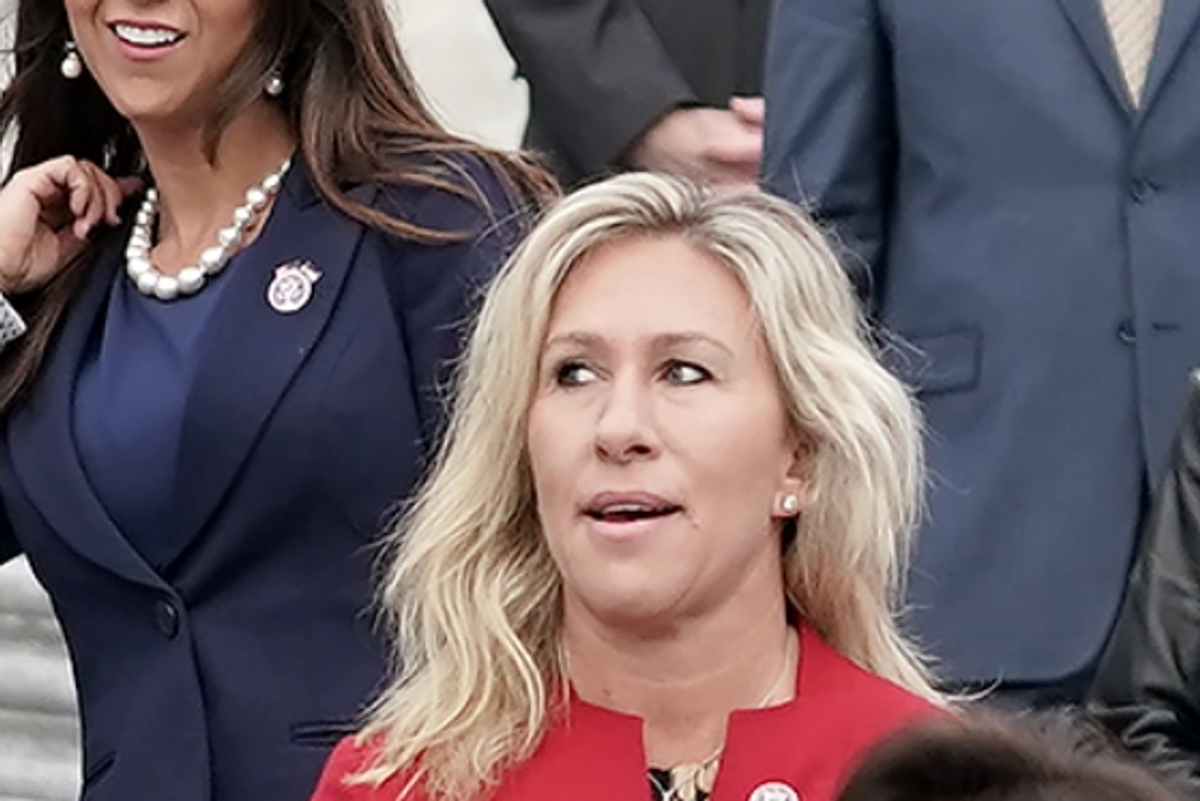
Reprinted with permission from Creators.
For anyone who cares about politics and government, it is easier to find reasons to complain than to give thanks this year. The Republicans have to deal with losing the House of Representatives. Democrats have to deal with the continued presence of Donald Trump. Independents have to deal with Republicans and Democrats.
But there is a powerful glimmer of light. On one important matter, Americans have grown more unified, less partisan, more farsighted and more humane. The latest proof came on Election Day in Florida, when 65 percent of the state’s voters approved a measure to let felons vote.
The state has long had an exceptionally unforgiving policy, mandating the lifetime loss of the right to vote to anyone convicted of a felony. More than 10 percent of its citizens are legally barred from the polls. Among the 3.1 million Americans who have finished their prison time and other punishment but are not allowed to vote, reports The Sentencing Project, nearly half live in Florida.
Republican Ron DeSantis, who opposed the amendment, won the race for governor with fewer than 4.1 million votes. Republican Rick Scott, another critic, won the U.S. Senate race with only slightly more. Amendment 4 got more than 5.1 million votes. At a minimum, more than a million Floridians voted for candidates who were against Amendment 4 — and then voted for Amendment 4.
The political parties are more or less divided on the issue, with Democrats generally in favor of restoring voting rights to felons and Republicans against. But change has come about even in red states. Texas repealed its lifetime ban in 1983 and eliminated the waiting period for re-enfranchisement in 1997. Nebraska lifted its lifetime ban in 2005.
Last year, Wyoming decided to allow voting by all those who have completed their sentences for nonviolent felonies. Alabama restored rights to 60,000 low-level offenders.
Partisan effects don’t seem to count for much with voters. A March HuffPost/YouGov poll found that 80 percent of Hillary Clinton’s supporters and 58 percent of Trump’s supporters favor granting the ballot to felons who have completed their sentences and probation.
Maybe that’s because there is no persuasive case for an unforgiving policy. We all hope that when criminals leave prison, they will change their ways, become law-abiding citizens, take honest jobs and contribute to their communities.
Denying them the vote, however, means that no matter how they strive to redeem themselves, their punishment will never end. Restoring the franchise to them conveys the message that they can overcome their past sins.
Supreme Court Justice William Brennan said as much in a 1958 opinion. Extinguishing the civil rights of criminals, he wrote, “constitutes the very antithesis of rehabilitation, for instead of guiding the offender back into the useful paths of society it excommunicates him and makes him, literally, an outcast.” Letting former inmates vote suggests that they have not only the right but the responsibility to share in the task of self-government.
The Center for Equal Opportunity, a conservative think tank, defended Florida’s policy on the ground that depriving felons of the vote “is warranted to deter recidivism.” This logic is precisely, completely backward. A felon who can vote has more to lose from re-offending than a felon who can’t.
The Sentencing Project cites research indicating that people who have been arrested and later voted are less likely to be rearrested than those who didn’t vote. This is not surprising. Incorrigible criminals aren’t likely to waste time watching candidate debates and trekking to the polling station. The felons most likely to be hurt by a voting ban are those who have gone straight.
Florida’s existing policy falls especially hard on African-Americans. More than one-fifth of the state’s black citizens have lost their right to vote. Piling that infirmity on top of the other punishments imposed on lawbreakers serves only to perpetuate racial inequities.
The majority of people in Florida and elsewhere have come to understand all this. Most states restore voting rights as a matter of course. Two (Maine and Vermont) don’t need to restore them because they don’t take them away — letting inmates cast ballots.
Since 1997, 23 states have liberalized their policies, to the benefit of 1.4 million felons. When Florida’s change takes effect, the latter number will double.
The policy of exiling felons from participation in democracy is harsh, pointless and self-defeating. In most states, thankfully, there is a better word to describe it: obsolete.
Steve Chapman blogs at http://www.chicagotribune.com/news/opinion/chapman. Follow him on Twitter @SteveChapman13 or at https://www.facebook.com/stevechapman13. To find out more about Steve Chapman and read features by other Creators Syndicate writers and cartoonists, visit the Creators Syndicate website at www.creators.com.


